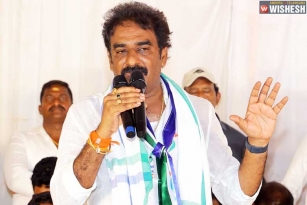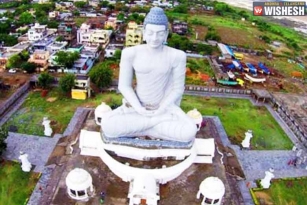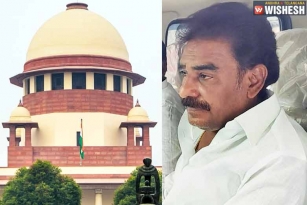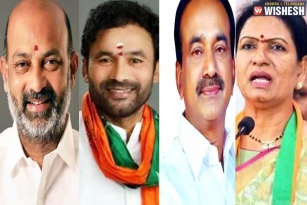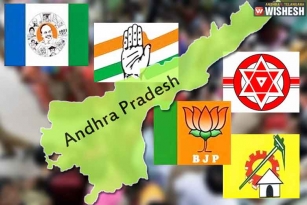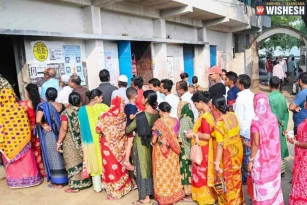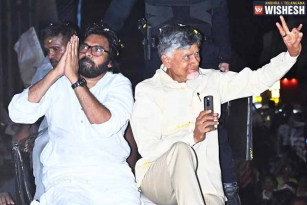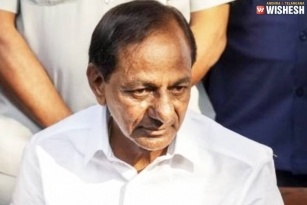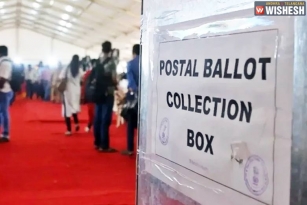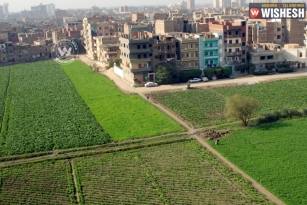
The Union government has expressed its readiness to accept the recommendations of the parliamentary panel on the land bill. “We must consider issues on which there is a consensus,” rural development minister Birender Singh said. “Our stand on land bill will depend on what report the joint committee gives. JPC is considered a mini Parliament,” said Singh. Anyway, it is a sensible move which makes it easier for Parliament to function and possibly, pave the way for the passage of the GST Bill.
“What we know is today is the last meeting where there will be discussions on three more clauses. Where there is dissent on a particular issue, it must be discussed since the Committee is a mini-Parliament,” said Singh. The Minister disagreed with challenges to the Bill being termed as opposed. “Questions raised on the amendments across party lines are not opposed. They are suggestions and if they are good, should be included in the final report,” he added.
“We have made it clear from the start that the country’s progress depends on the land acquisition being speeded up. However, if it goes against the farmers’ interests, that needs to be discussed,” Singh said.
The government has agreed to drop most of its contentious amendments to the Land Acquisition Act of 2013 and bringing back the crucial clauses related to the consent of affected families and the social impact assessment (SIA).
The way the Congress party continues to disrupt the Parliament even after it has got its way on the Land Bill as well as had its major demands accepted in the GST Bill is nothing short of arrogance. The government has to utilise this opportunity to portray the Congress party as the spoiler for what could be one of India’s biggest tax reform processes in recent times.
Even if the Centre is able to pass its version of the Land Act, there is absolutely no guarantee that all states would follow this law. States that want to attract more investment or to get land for the development of roads and railways are free to come up with laws that are more in consonance with what the Centre had initially proposed.
By Premji



